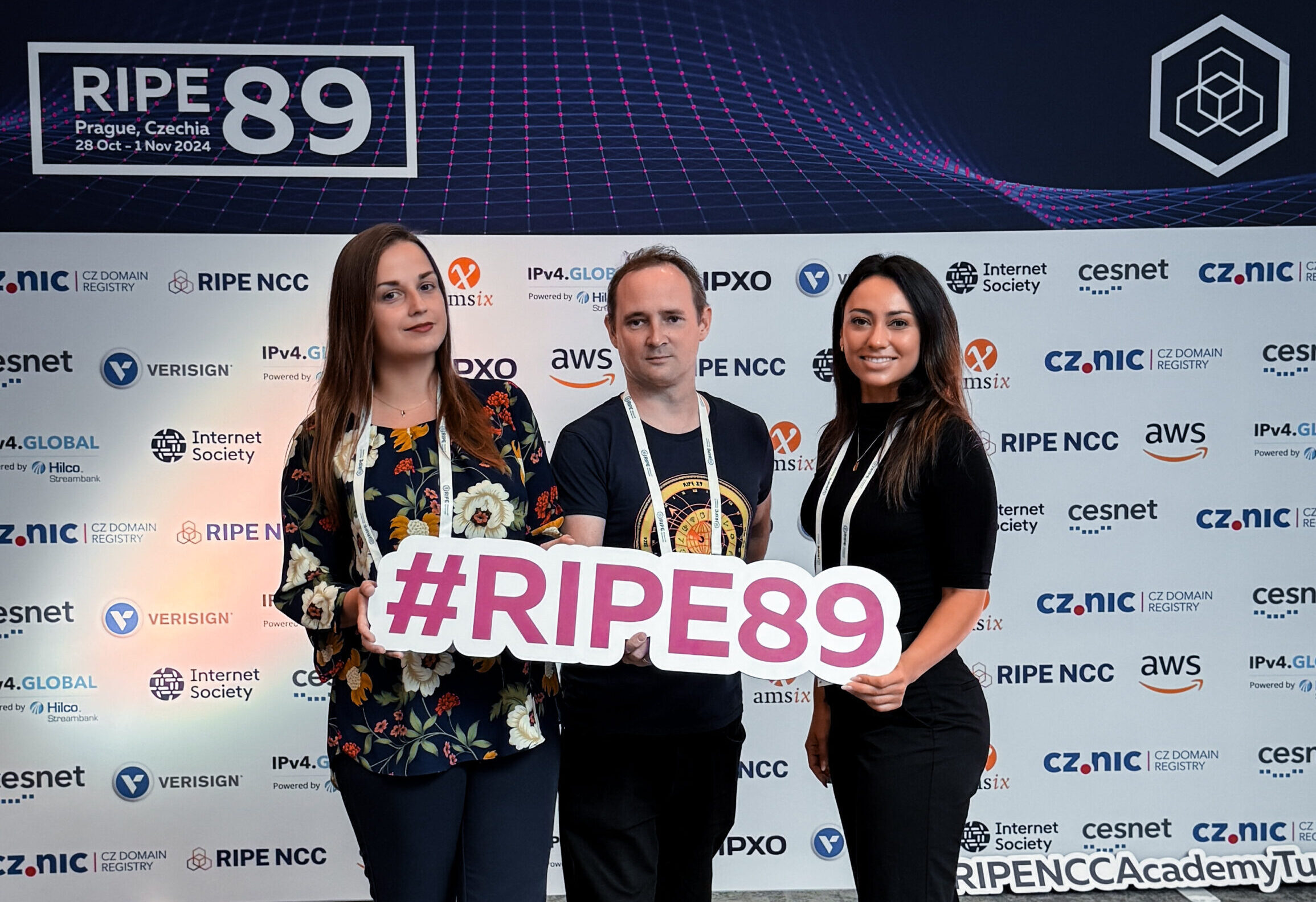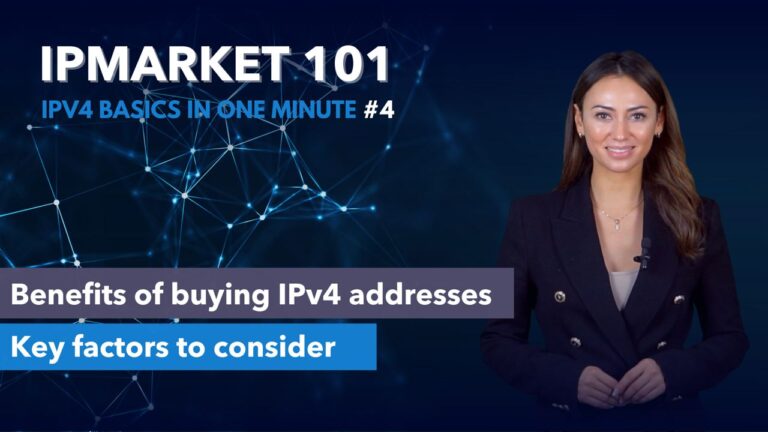Last week, the Voldeta team had the opportunity to attend the RIPE 89 Meeting in beautiful Prague, where we were fully immersed in impactful discussions, insightful presentations, and exciting updates in the world of Internet infrastructure. From IP address management trends to debates on the future of IPv4 and IPv6, RIPE 89 offered an invaluable platform to connect, learn, and shape the future of our industry.
During the RIPE General Meeting, a pivotal agenda item was the vote on how to handle surplus redistribution. The approved proposal allows for the redistribution of any RIPE NCC surplus among its members, and in the event of a financial loss, RIPE NCC, rather than its members, will bear the burden. Most Local Internet Registries (LIRs) supported this decision, solidifying a collaborative approach to financial sustainability within the RIPE community.
Address Policy: A Shift to Continuous /28 IPv6 Allocations
A major highlight was the discussion on Address Policy, particularly regarding the proposal to shift from /29 to /28 IPv6 allocations. This change aims to address the issue of address stockpiling. It was discussed that a continuous /28 block offers better management than having two /29 IPv6 subnets from different larger blocks, as most companies wouldn’t need more than this allocation, thus reducing the demand for additional IPv6 addresses.
Most participants in the discussion supported the prior RIPE board decision to control IPv6 transfers and require the receiving party to provide evidence of their need for additional IPv6 space. The lively debate underscored the community’s commitment to refining IPv6 policy and ensuring efficient address distribution.
Looking Ahead to a Post-Quantum World
One of the most thought-provoking topics was the potential impact of a post-quantum world on IT and internet security. As quantum technology rapidly advances, the industry must consider new encryption methods and infrastructure adaptations to keep data secure. The discussions highlighted the urgency of post-quantum readiness, reminding us of the evolving challenges and opportunities on the horizon.






